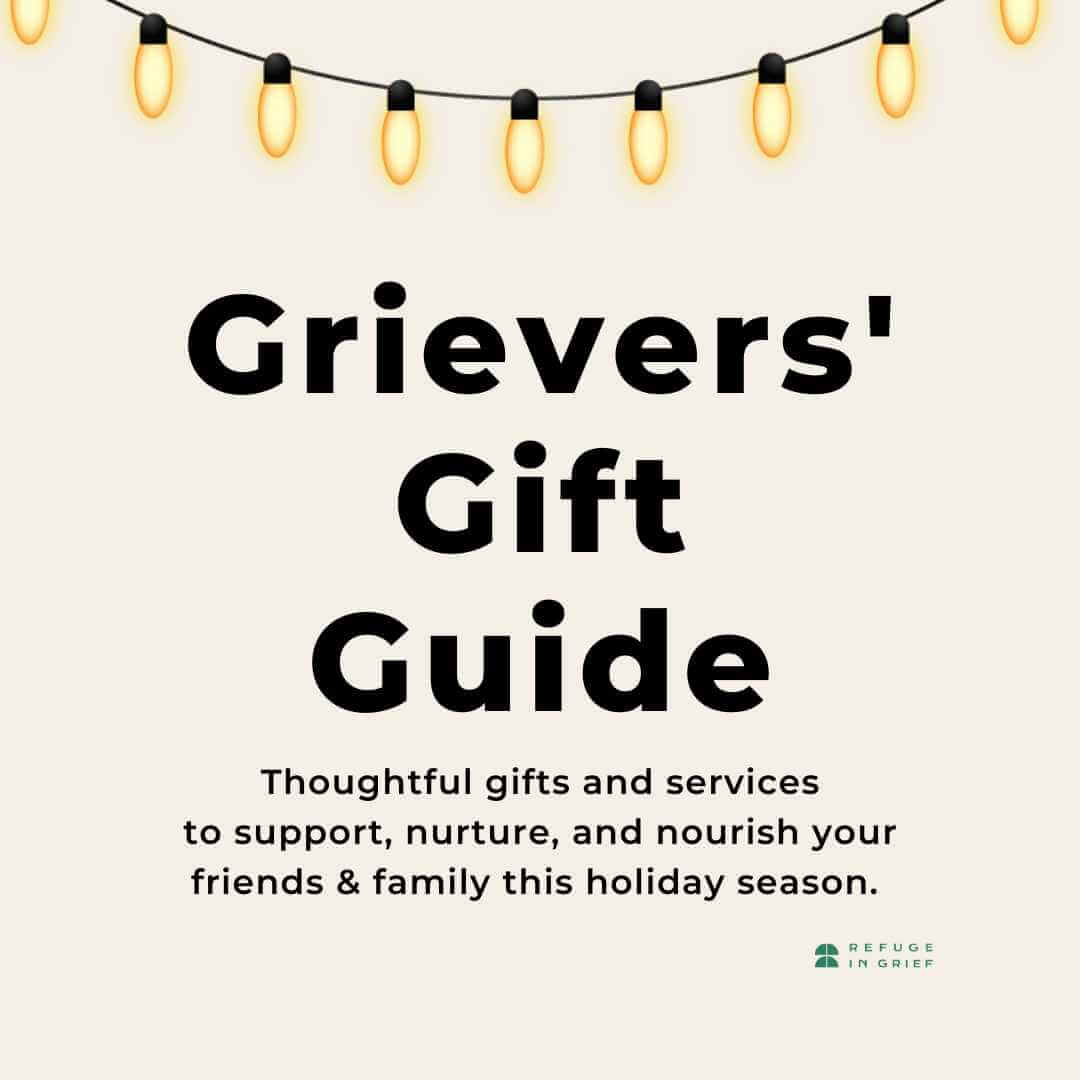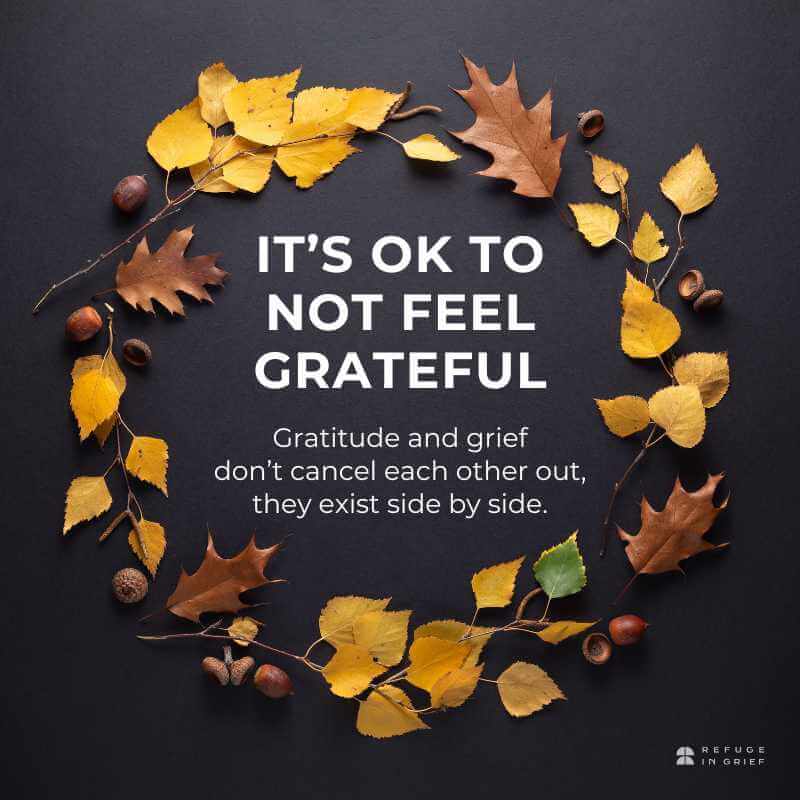“Shouldn’t you be over that by now?” How to respond to judgment with both grace & clarity.
How can I deal with people who expect me to be “over this” already? My fiancée died almost two years ago. How can I convince them it’s alright that I’m not “over it”?
Though this question was sent by one reader, lots of people struggle with this issue. I bet you’ve had at least a few run-ins with people on the outside of your grief trying to instruct you on the proper way to grieve.
So many people expect you to be over it, don’t they.
They can’t possibly understand what it’s like to be you, to live inside grief like this. They just want the “old” you back, not understanding that that old you has changed, deeply. It’s so tempting, so easy, to argue your right to your grief. To describe to other people all the things that have changed, all the ways your love is missing, and how that impacts every fiber of your life.
The thing is, no matter how much you say, no matter how much you try to educate them, the truth is, they can’t understand. As tempting as it is to give them that verbal smack-down (even nicely), your words aren’t ever going to get through.
Sometimes it just makes it easier on you, easier on your heart and mind, if you simply stop defending your pain.
Refusing to defend your grief doesn’t mean you let other people go on and on about it, continually telling you how you should live. I’m talking about stepping out of the argument altogether by simply refusing to engage in debates about whether or not your continued pain is valid.
Defending yourself against someone who cannot possibly understand is a waste of your time and your heart.
The important thing to remember is that your grief, like your love, belongs to you. No one has the right to dictate, judge, or dismiss what is yours to live. That they don’t have the right to judge doesn’t stop them from doing it, however.
What that means is that if you want to stop hearing about their judgment, you will need to clarify your boundaries. You will need to make it clear that your grief is not up for debate.
While it’s certainly easier said than done, there are steps you can take to remove yourself from the debate:
- clearly and calmly address their concern.
- clarify your boundaries.
- redirect the conversation.
These three steps, when used consistently, can significantly reduce the amount of judgment that actually makes it to your ears.
Here’s how this might look in actual practice: come up with a stock phrase you can repeat whenever someone lectures you. Steps one and two often get combined in this statement, and it might sound something like this: “I appreciate your interest in my life. I am going to live in this the way that feels right to me, and I’m not interested in discussing it.” This can be especially effective when you follow your statement with step #3, redirecting the conversation, aka – changing the subject: “I’m happy to talk about something else, but this is not open for discussion.”
It sounds really wooden and strange, I know. But the message here – including the formal wording – is that you have a clear boundary, and you will not allow it to be breached in any way.
If there are people in your life who won’t take such a clear boundary without further argument, you can stick to your standard phrase: “That isn’t a topic I’ll discuss,” and then move the conversation onto something else. If they can’t do that, you can end the conversation completely – walk away, say goodbye and hang-up. The important thing is to not allow yourself to be drawn into battle.
It’s awkward at first, but will become a lot easier the more you practice it. Eventually, the people in your life will either get the message – not that you don’t have to be over it, but that you aren’t willing to discuss it – or they will leave.
Grief will absolutely re-arrange your relationships. Some people will make it through, and some will fall away. If they can handle, even appreciate, you staying true to your own heart, then they will make it through with you.
————–
(this post also appears on Huffington Post. You can read it there by clicking this link.)


